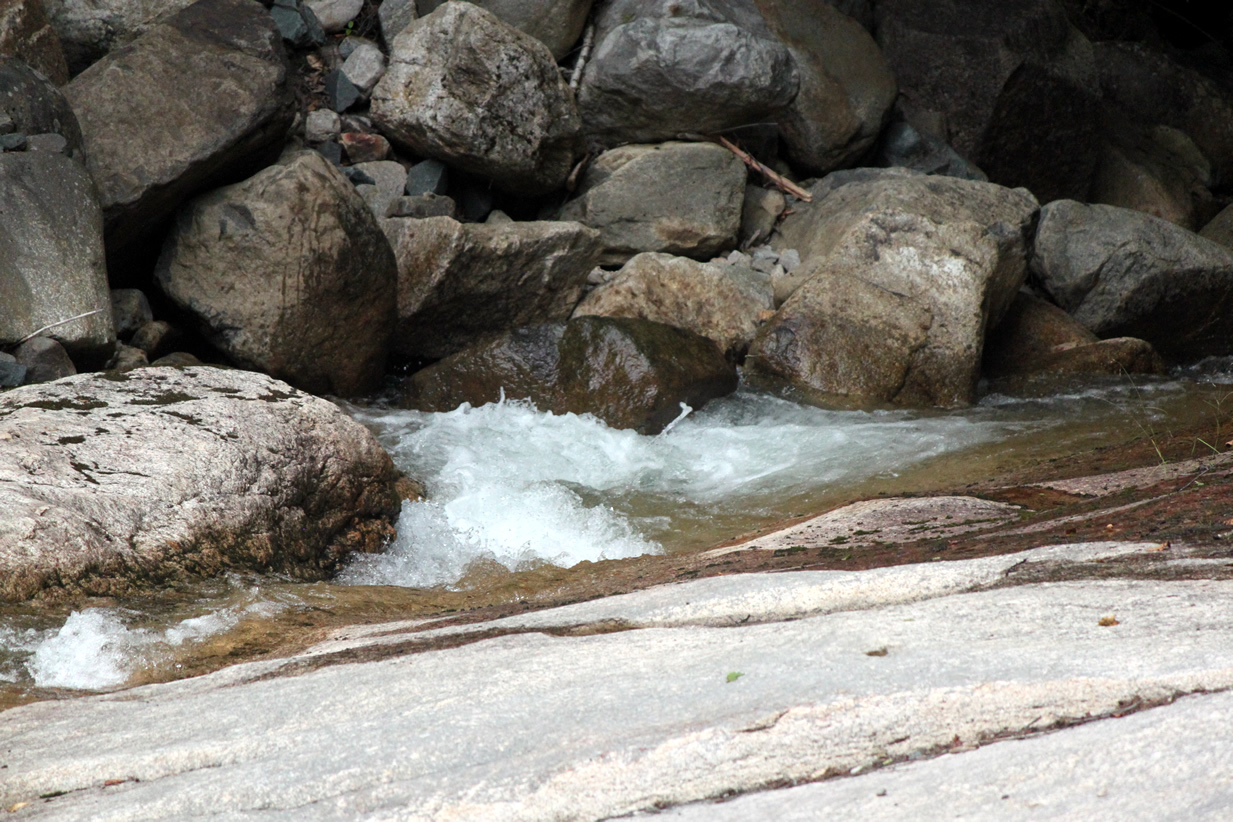

 ©Bonnie LaBelle
©Bonnie LaBelle
Genesis 2:8-17 (ESV) - And the Lord God planted a garden in Eden, in the east, and there he put the man whom he had formed. And out of the ground the Lord God made to spring up every tree that is pleasant to the sight and good for food. The tree of life was in the midst of the garden, and the tree of the knowledge of good and evil.
A river flowed out of Eden to water the garden, and there it divided and became four rivers. The name of the first is the Pishon. It is the one that flowed around the whole land of Havilah, where there is gold. And the gold of that land is good; bdellium and onyx stone are there. The name of the second river is the Gihon. It is the one that flowed around the whole land of Cush. And the name of the third river is the Tigris, which flows east of Assyria. And the fourth river is the Euphrates.
The Lord God took the man and put him in the garden of Eden to work it and keep it. And the Lord God commanded the man, saying, “You may surely eat of every tree of the garden, but of the tree of the knowledge of good and evil you shall not eat, for in the day that you eat of it you shall surely die.”
Question to consider: What elements of the garden of Eden point to Christ?
When we take scripture in its literary context, it’s important to understand genre. Are we reading poetry? An apocalyptic vision or prophecy? An idiomatic expression? A historical narrative? A letter of encouragement or exhortation? The first chapter is placed within the framework of our seven-day week, organizes the days in order of importance from least to greatest, and provides an explanation for the Hebrew sabbath. I would therefore argue against historical narrative.
Yesterday we began talking about the second creation story which I would classify as historical narrative. It describes the personal experiences of our historical ancestors, Adam and Eve and places the garden narrative in a geographically verifiable area of the world. We obviously can’t get to the original garden (which was most likely destroyed in the flood of Noah), but the Tigris and Euphrates rivers are located in western and southwestern Asia (respectively). People have postulated that the garden narrative is allegorical, but the rest of scripture disagrees with that idea. Luke includes Adam in the genealogy of Jesus (Luke 3:38). Genesis 5 list of ancestors from Adam all the way down to Noah, and 1 Chronicles 1 lists the genealogy from Adam to Abraham. The fall of Adam is treated as fact by Hosea (chapter 6:7) and by Paul in Romans 5, 1 Corinthians 15, and 1 Timothy 2. Jesus Himself refers to the original marital covenant described at the end of this chapter in Matthew 19:4-5. If sin did not enter into the world by a historical Adam, then righteousness does not come into the world by a historical Jesus. The two are inextricably linked.
So God creates a beautiful garden with a river flowing through it. In its center, he creates two trees. One offers eternal life and the other the knowledge of good and evil. It is there that God places the man He has created and gives a strict prohibition against eating from the 2nd tree. The consequence for disobeying God’s command is death. Martin Luther aptly describes the garden as a citadel, a place of worship where Adam could enter or exit as he pleased and was charged with the vocation of being its steward. It was a place of worship because it contained God’s gift of life and abundance as well as His word, the pronouncement that all of the trees were good for food except for the one tree.
Outside of Christ, we cannot begin to appreciate this gift because our experience with the land is one of painful and sometimes fruitless labor. In Christ, we can see that the tree of life points to the cross and Christ’s wonderful work on our behalf, and that the righteousness of Christ is the river that flows from it. Through Christ, we can be fully and finally restored to a right relationship with God.
Holy God, thank you for caring for us though we now live in a world that looks nothing like the one you created for Adam. Help us to see Jesus and fix our eyes on Him so that we reject the things that are tempting to the eyes but only lead to death. Please forgive us when we turn away from your good word and try to go our own way. Amen.